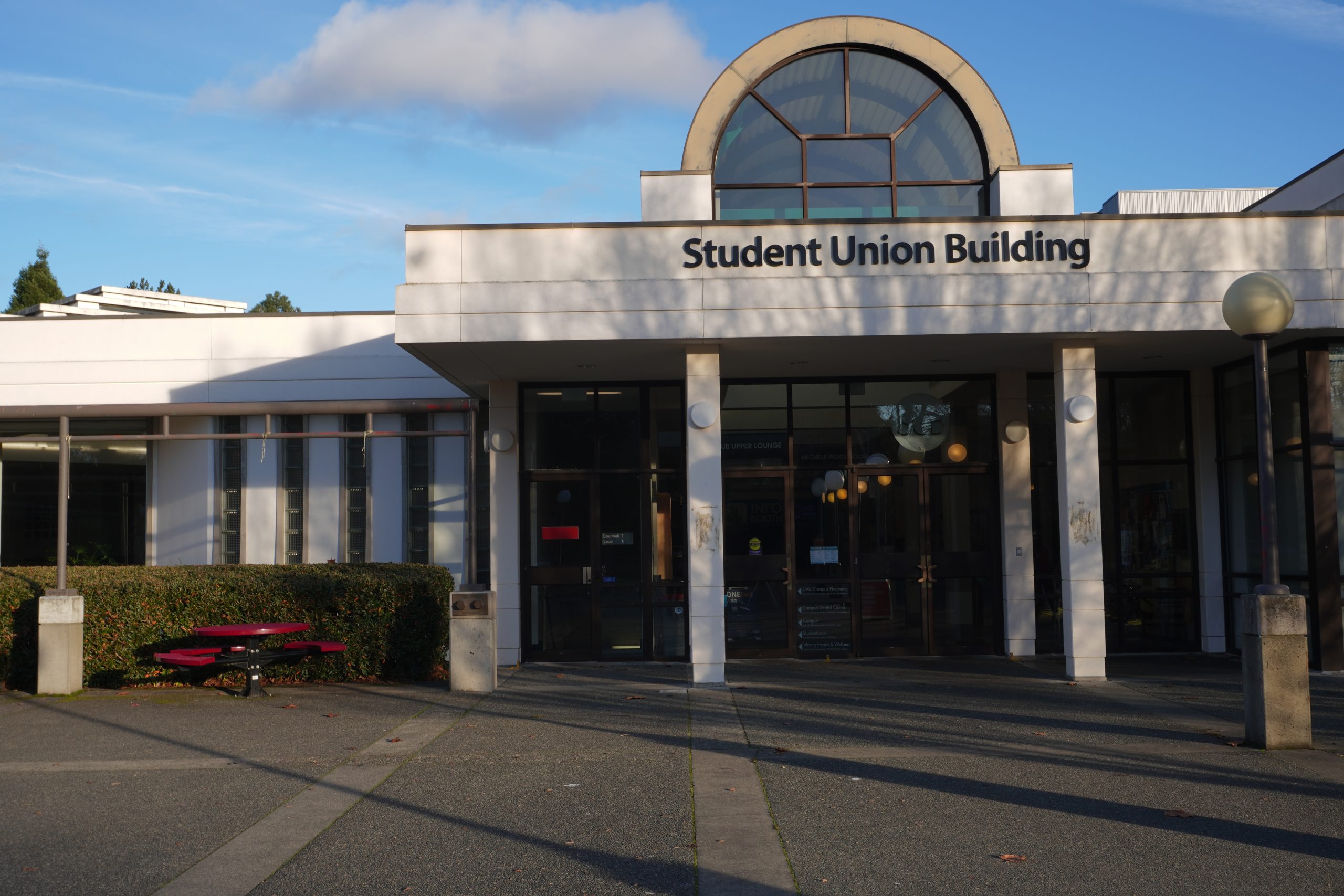The 2011 Syrian uprising against President Bashar al-Assad’s authoritative government has turned into a Syrian civil war, and a number of global powers are trying to decide whether to intervene, block intervention or just stay out of the situation altogether. But the United Nations (UN) has been obstructed by three powers: Russia, Iran and China. They are doing this for a number of reasons.
First, Syria is one of the chief buyers of Russian weapons in the region and has been an ally to the Russians since the 1960s. Also, the Russians have a naval base at Tartus, Syria that gives the Russian Navy access to the Mediterranean Sea. If a pro-Western government overthrew Assad, that would leave the western half of the Middle East as U.S. allies and cut Russia out of the region.
Second, Iran uses Syria as a conduit with which to support Hezbollah and their attacks on Israel, and it has been reported that Iran is flying arms and supplies in to support the Assad regime. Syria is a Shia ally to Iran in a largely Sunni-dominated Middle East. If the ruling Shiite-Alawite minority in Syria is overturned, then Iran will be isolated from the western half of the Middle East and be unable to support direct attacks on Israel.
Third, China is Syria’s third-largest importer. Plus, China has its own reasons to prevent foreign interventions, namely the history of human rights abuses in Tibet. And the last time that China abstained from the UN Security Council, China lost Gaddafi’s Libya as a strategic ally.
NATO is split. The U.S. is looking at launching surgical air strikes against selected pro-Assad targets. The British parliament recently voted that Britain would not take action in Syria after the conflicts in Afghanistan, Iraq and Libya. Canada may get involved, but Prime Minister Harper has proposed no vote in the House of Commons, with the prorogation of Parliament in August, and has made no public remarks.
But whether the prime minister should support Syrian rebels is another question. Before any military action is taken, we should know Syria’s desired end state. What is Syria supposed to look like when the fighting is done? Are we looking just to stop attacks on civilians, stop foreign intervention or help set up a post-civil war Syrian government?
A full-fledged democratic Syria would probably take a generation or two to create, as you cannot introduce a democratic constitution successfully unless those values are already alive in the citizenry. Even with an end state in mind, whom should the West support? There are roughly four different rebel groups fighting in Syria, all with different factions within their ranks with different goals.
First, the Free Syrian Army (FSA) is made up of defected Syrian military members and has stated that its goal is simply the removal of President Assad. They have stated that they support the Syrian National Coalition (SNC).
Second, the SNC is the political representation of most rebel groups and is recognized by the international community as the legitimate government of Syria. The SNC has stated that its goal is the creation of a modern, civil, democratic state in Syria. But it doesn’t have support of all rebel groups.
Third, there are the several Muslim groups with varying goals. Some are supported by non-state actors like Al-Qaeda, some by states like the kingdoms of Saudi Arabia and Quati. Not all of these groups support the FSA or the SNC.
Fourth, there is the Kurdish army fighting in the northwestern portion of the country that wants to push back the Mujahideen groups and create an autonomous Kurdish section of Syria. Several Kurdish units have rejected the SNC’s leadership.
Added to this is the growing feeling of the necessity of international involvement because of use of chemical weapons on Syrian civilians in August this year. The West says the Assad government is using weapons on rebel-sympathetic civilians. China and Russia say that the evidence is inconclusive.
The Canadian government has stated that Canada will not take part in any military action. If Canada wanted to get involved, there would be two problems. First, our military needs resources to replace and repair equipment after the Afghan and Libyan deployments, and the defence budget has been reduced in the last year. Second, no one seems to have a clear idea what a post–civil war Syria will look like.
With limited ability to help, no UN consensus, and no clear end state in mind, at this point the most prudent thing Canada can do is offer humanitarian aid for Syrian refugees.







